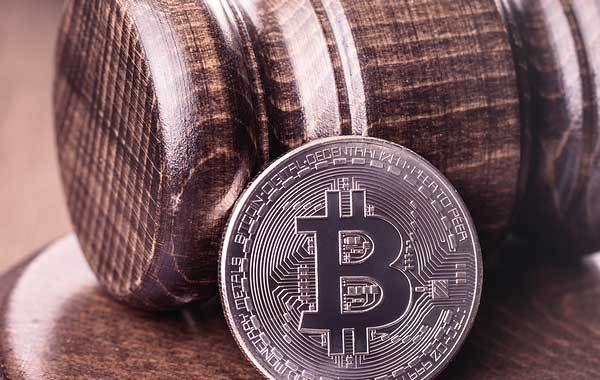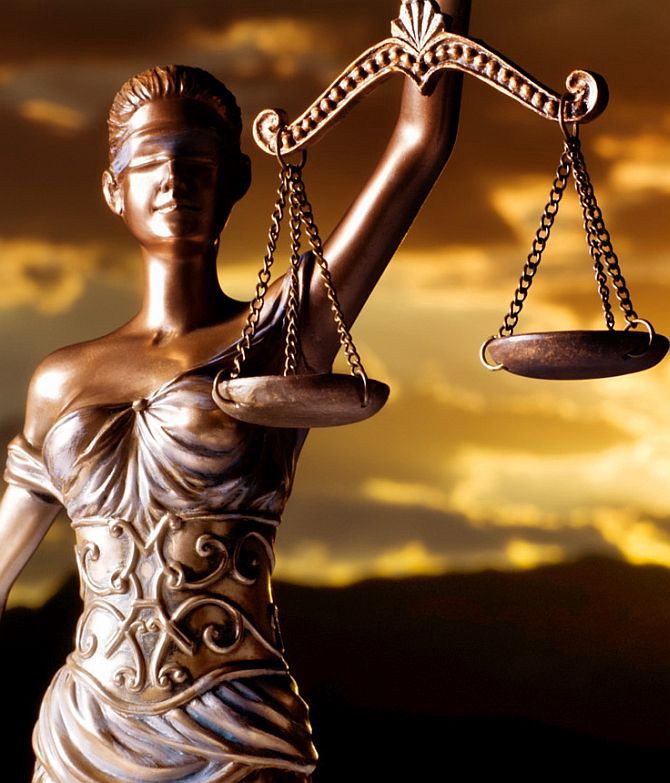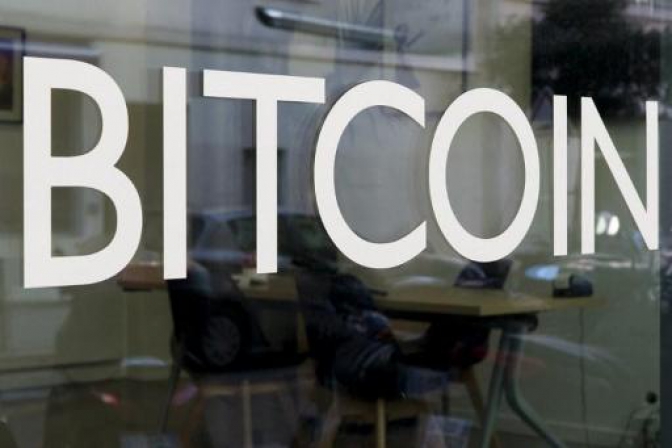In recent months, initial coin offerings (ICOs) have become one of the more popular investment opportunities currently available. Click here to find out more.
ICO Regulations by Country
In recent months, initial coin offerings (ICOs) have become one of the more popular investment opportunities currently available. Fueled by the explosive growth of Bitcoin and Ethereum, the excitement surrounding the next big potential altcoin boom has fueled investor interest.
However, press concerning government crackdowns on ICOs, such as China’s banning of all ICOs in the country and the United States’ Securities and Exchange Commission charges against two ICOs for selling products that “don’t really exist,” is showing that the unregulated nature of ICOs is rapidly changing. Nations are increasingly taking a position on the regulation of ICOs.
This article will detail the status of ICOs across the world and discuss why some nations are moving toward finally codifying their positions on the controversial investment device.
The Perceived Problem with ICOs
One of the problems that many of the countries have with ICOs is that, technically, it is a regulatory workaround. The idea behind ICOs is that instead of seeking an initial public offering, businesses can seek low amount seed funding without the due diligence, regulatory requirements, time, or fiduciary permissions a traditional IPO would require. For a small business dealing with untested or unknown technologies, this peer-based alternative offers funding opportunities to businesses otherwise ineligible to traditional funding schemes.
This approach, however, can be rife with fraud. China and South Korea both claim that the possibility of scammers using ICOs to defraud investors is the primary reason they have moved to ban the creation or selling of them in their countries. Meanwhile, the U.S. SEC has issued an alert indicating that public companies may be engaging in “pump-and-dump” schemes to manipulate their market prices.
Many nations are pursuing changes to their regulatory policies to codify adherence to anti-money laundering/know your customer (AML/KYC) practices into law for ICOs and require additional oversight, such as registrations and disclosure statements.
Additionally, if the ICO relates to property transfers or to fiat currencies, these ICOs, in fact, may be dealing with securities. This has implications on taxation and securities integrity.
Embracing the Future
However, there are also nations that are seeking regulations to protect ICOs.
The unregulated nature of ICOs leaves them subject to exposure to additional regulations that may be excessive. A case of this is Wyoming in the U.S., which requires 25 percent of the value of all exchanges transmitted in or to Wyoming to be held in deposit. These incidents of “over-regulation” have a chilling effect on new ICO development.
The Isle of Man and Switzerland have indicated that they will seek regulations to close these loopholes. Thus, as many countries seek to tighten controls on ICOs, others are looking to become leaders in the ICO world.
The chart below list nations that have indicated potential or actual changes to regulations. This information is correct as of October 1, 2017. As always, it is the responsibility of the investor to do his or her due diligence before investing in any ICO. While regulations can help to reduce the investment risk, the best risk reduction practice is extensive research and preparation.
Source/More: ICO Regulations by Country – Bitcoin Market Journal

















